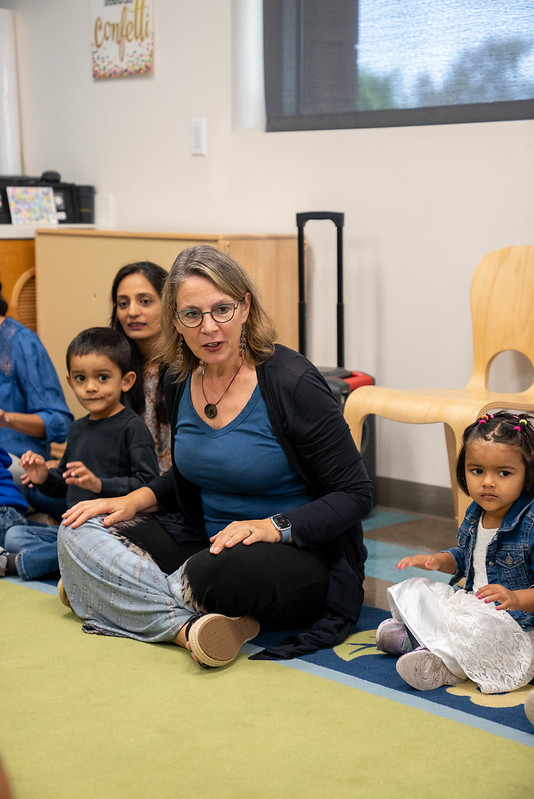Credit-by-Exam-Enhanced Child Development Pathways for Diverse and Underserved Populations
Submitted By: Jesus Rivas
San Diego Adult Education Regional Consortium
Website: https://sdcce.edu/child-development
Type of Practice: Learner Transition
Program Area(s): CTE / Workforce Prep / Pre-apprenticeship
Region: San Diego - Imperial
Consortia Involved: San Diego Adult Education Regional Consortium
The Program of Practice
The San Diego College of Continuing Education (SDCCE) Child Development Program faced critical structural and equity-related challenges: a shortage of contract and adjunct faculty, lack of consistent leadership due to an absent Dean, limited marketing and outreach, and insufficient curriculum updates. These constraints disproportionately affected nontraditional learners, including military families, low-income communities, and non-binary students, and threatened access, retention, and program completion. Additionally, evolving labor market needs demanded more inclusive, flexible, and accelerated pathways to workforce entry, yet existing course offerings lacked mechanisms for swift transition to employment.
The Response
In response, the Child Development Program implemented a robust Credit-by-Exam (CBE) initiative, creating flexible, stackable certificate pathways aligned with workforce demands. The program expanded to include seven CBE-integrated courses and adopted a multifaceted approach to access, retention, and completion, including:
• CBE Agreements: Enabled students to earn college credit by demonstrating content proficiency.
• Instructional Assistants: Provided personalized, embedded support to guide students through courses and pathways.
• Inclusive Curriculum: Developed and revised curriculum to reflect DEIAA principles, neurodiversity, and real-world caregiving needs.
• Community Engagement: Launched marketing campaigns, Military Appreciation Events, and outreach in underserved communities.
• Modality Expansion: Offered online, in-person, hybrid, and HyFlex formats to accommodate students’ diverse schedules and needs.
• Permit-Based Pathways: Designed coursework to align with state Child Development Permit requirements, offering clear paths to employment.
The Unique Features of the Program
Several innovative features position this program as a model:
• Diversity-Focused Enrollment Growth: Achieved a 400% increase in non-binary and nondisclosed students, alongside notable growth in African American, Latinx, and Asian/Pacific Islander enrollment.
• Stackable Certificate Design: Created layered, career-oriented certificates (e.g., Child Home Care Training, Early Learner Development) that support early workforce entry and continued progression.
• Military and Community Integration: Piloted pathways specifically tailored for military-connected students, in collaboration with Fleet and Family Services.
• Alumni Association Launch: Initiated development of a robust alumni program to support mentorship and transition into the workforce.
• Digital Equity and OER Adoption: Integrated Zero-Textbook-Cost (ZTC) models across courses and implemented technological tools (e.g., Canvas Studio, digital flipbooks) to support engagement and accessibility.
The Outcome
The program yielded measurable and significant outcomes:
• Awards and Completion: Program awards increased by 45% (2022/23 to 2023/24), and courses connected to CBE saw a 70% increase in completions from Spring 2023 to Spring 2024.
• Retention: Despite growing enrollment (+6%), the program maintained a 68% retention rate, equivalent to the district average.
• Enrollment Recovery: After a 56% enrollment dip (Summer 2023), the program rebounded with a 112% increase by Fall 2023, attributed to CBE and instructional assistant strategies.
• FTES Growth: One course (HMDV 584) experienced a 19% increase in FTES from 2022/23 to 2023/24; lab course enrollments connected to certificates increased by up to 67%.
• Course Diversity and Flexibility: Introduction of multiple course formats and schedule options allowed greater access for working adults and caregivers.

